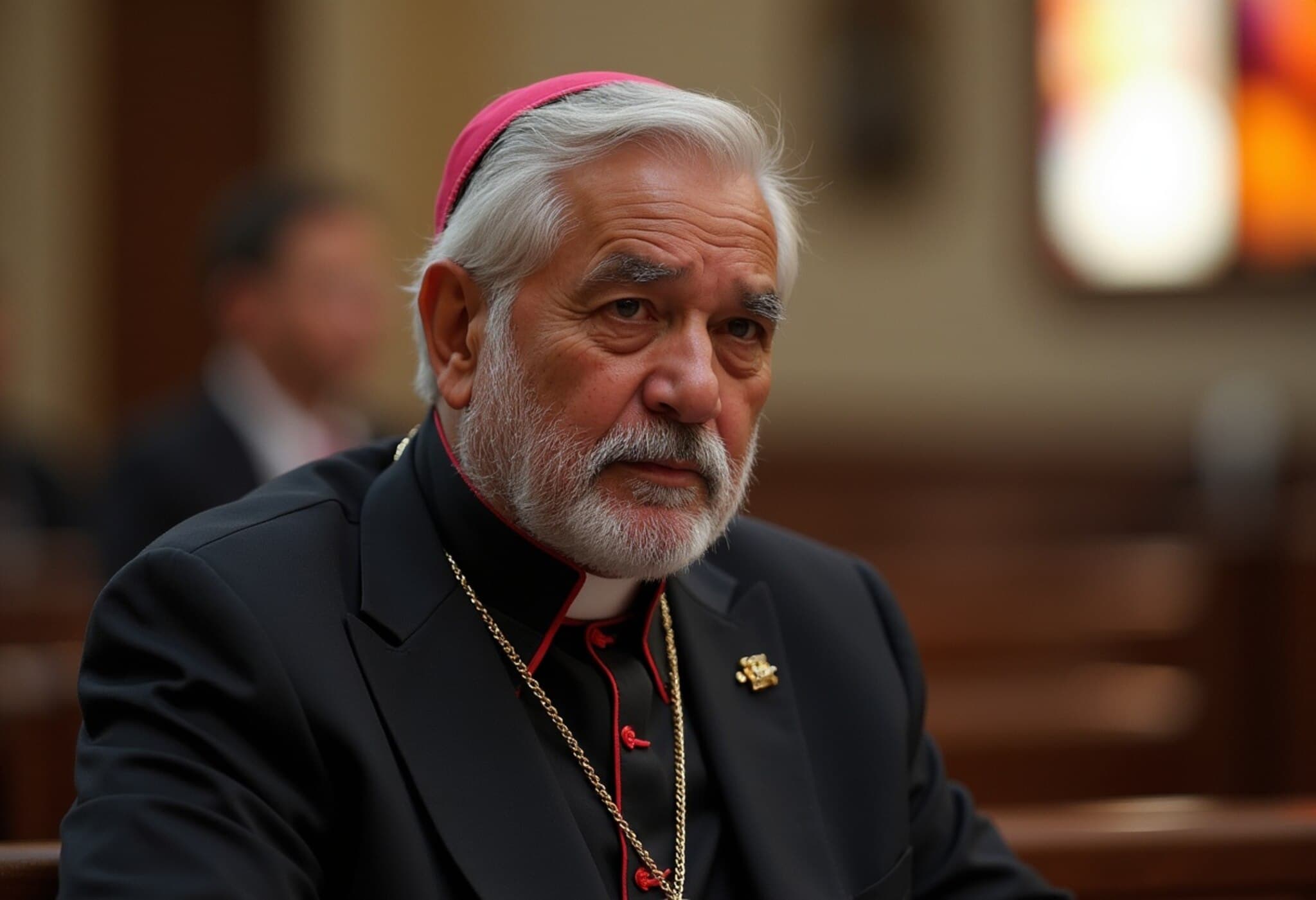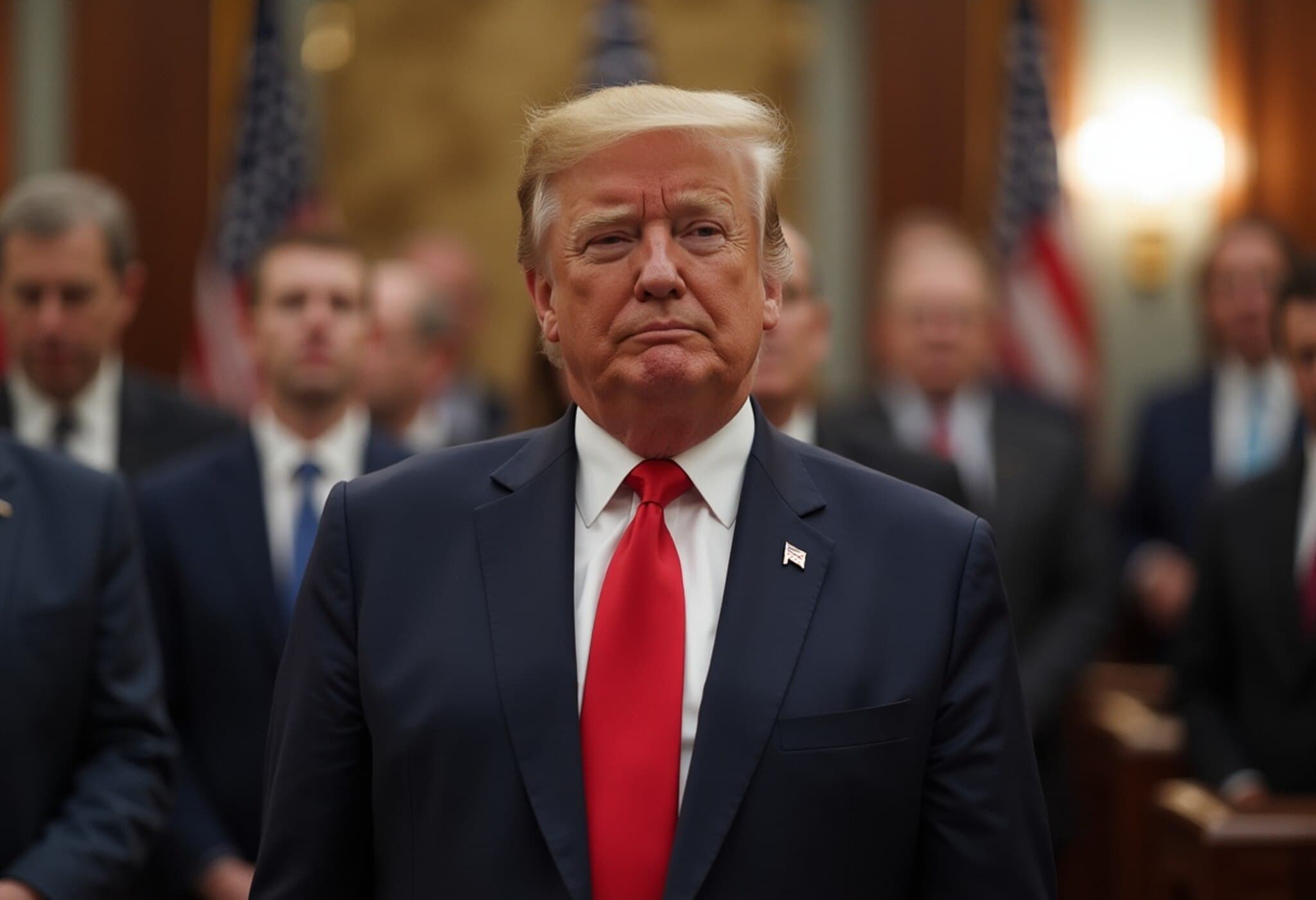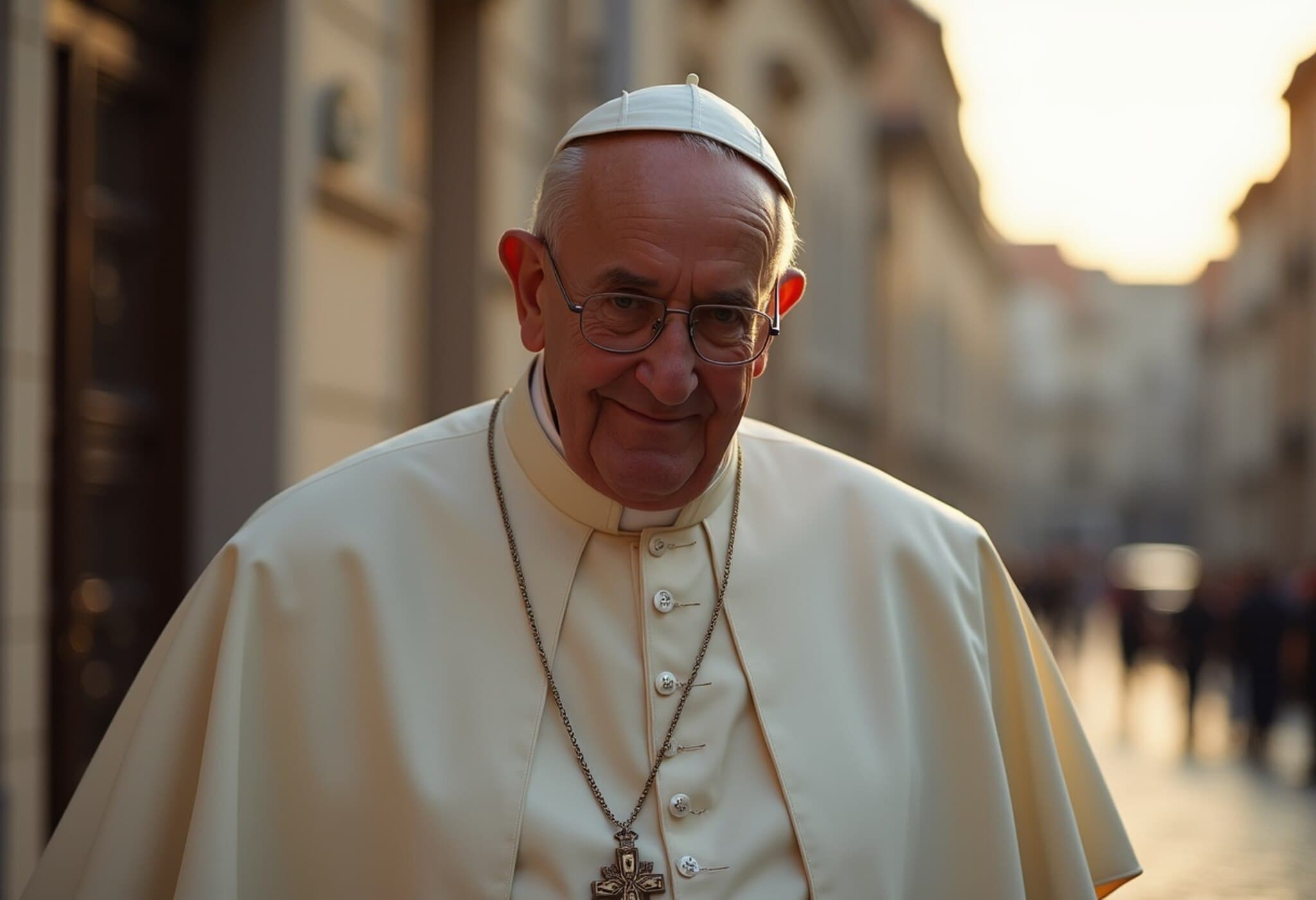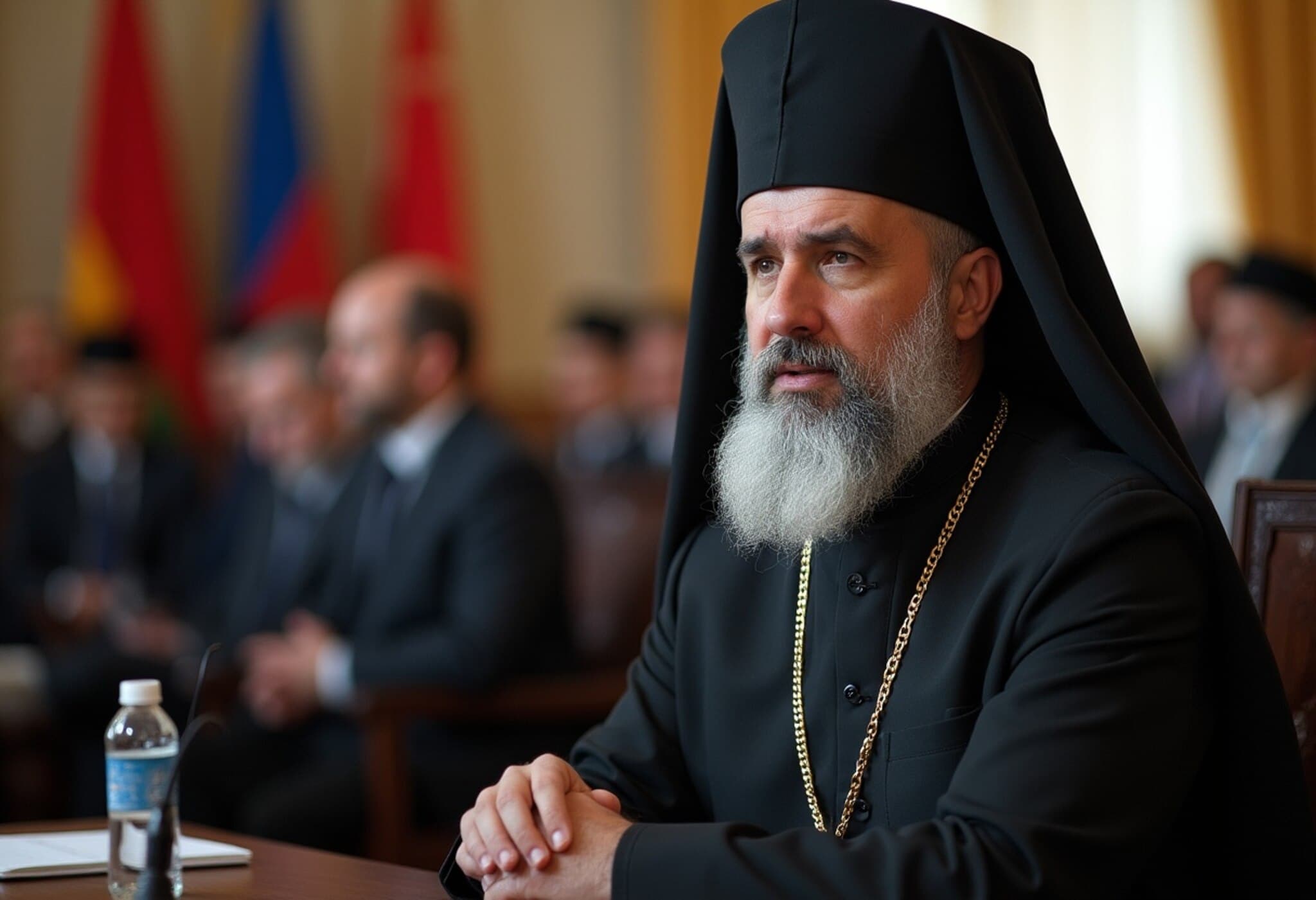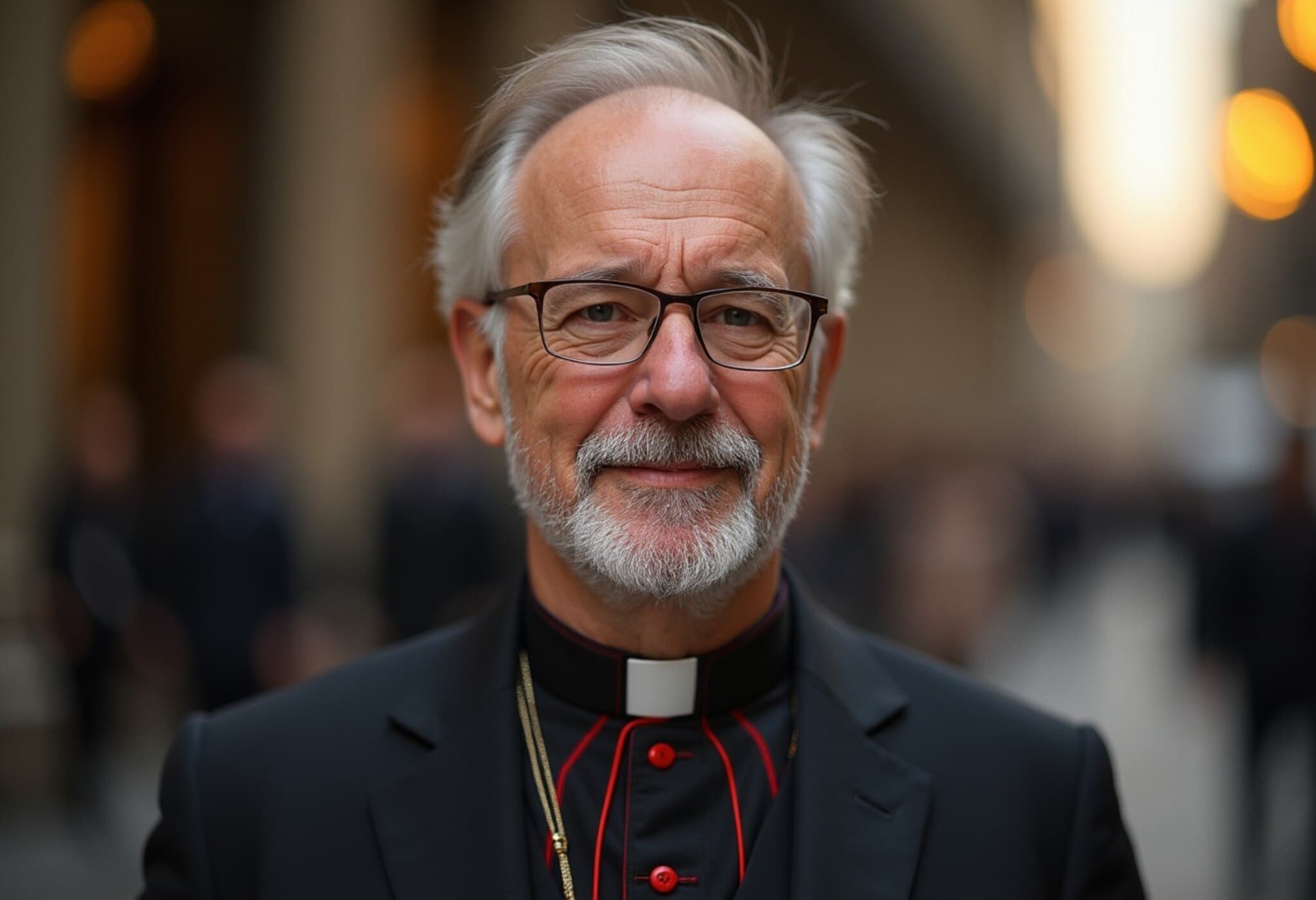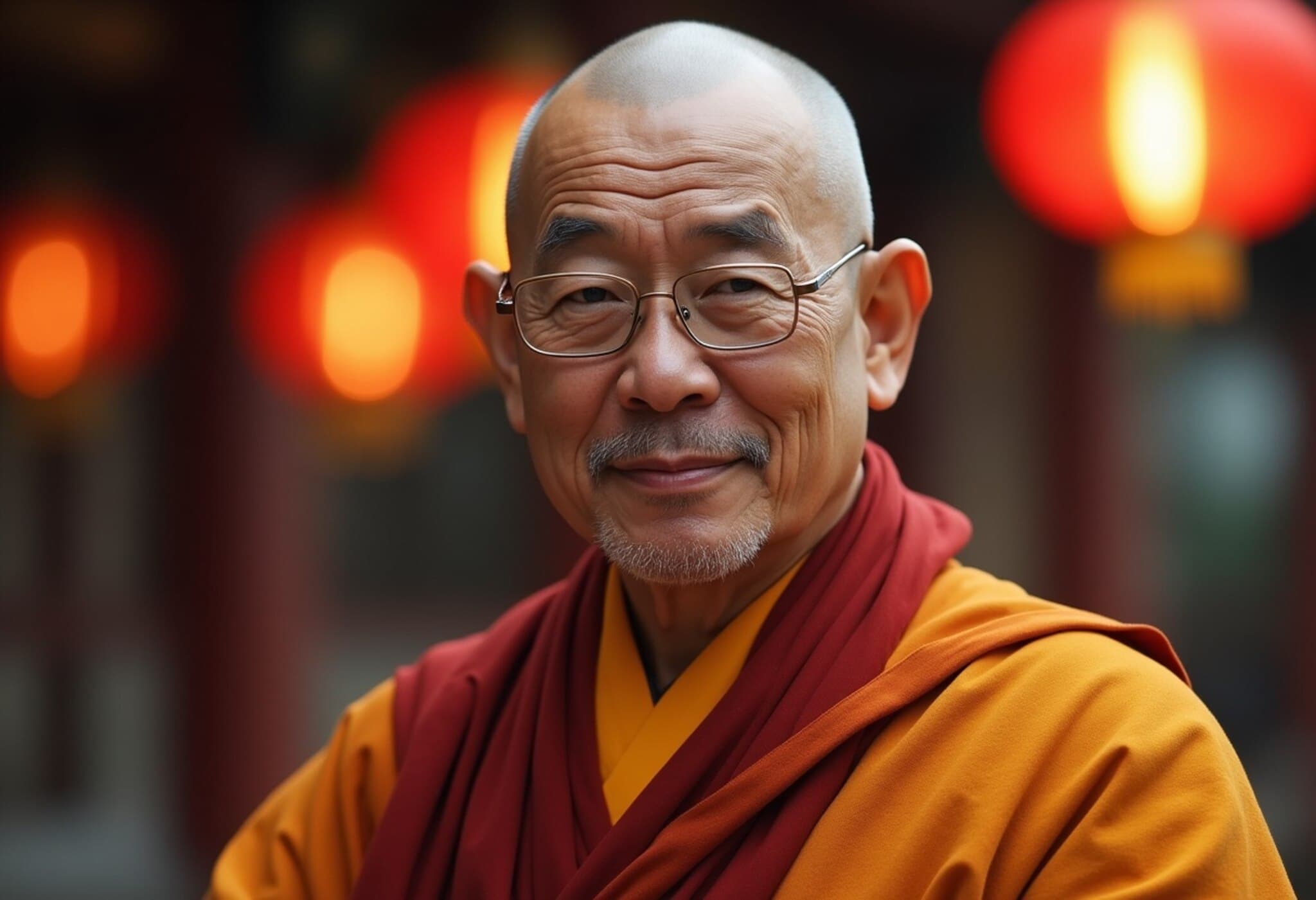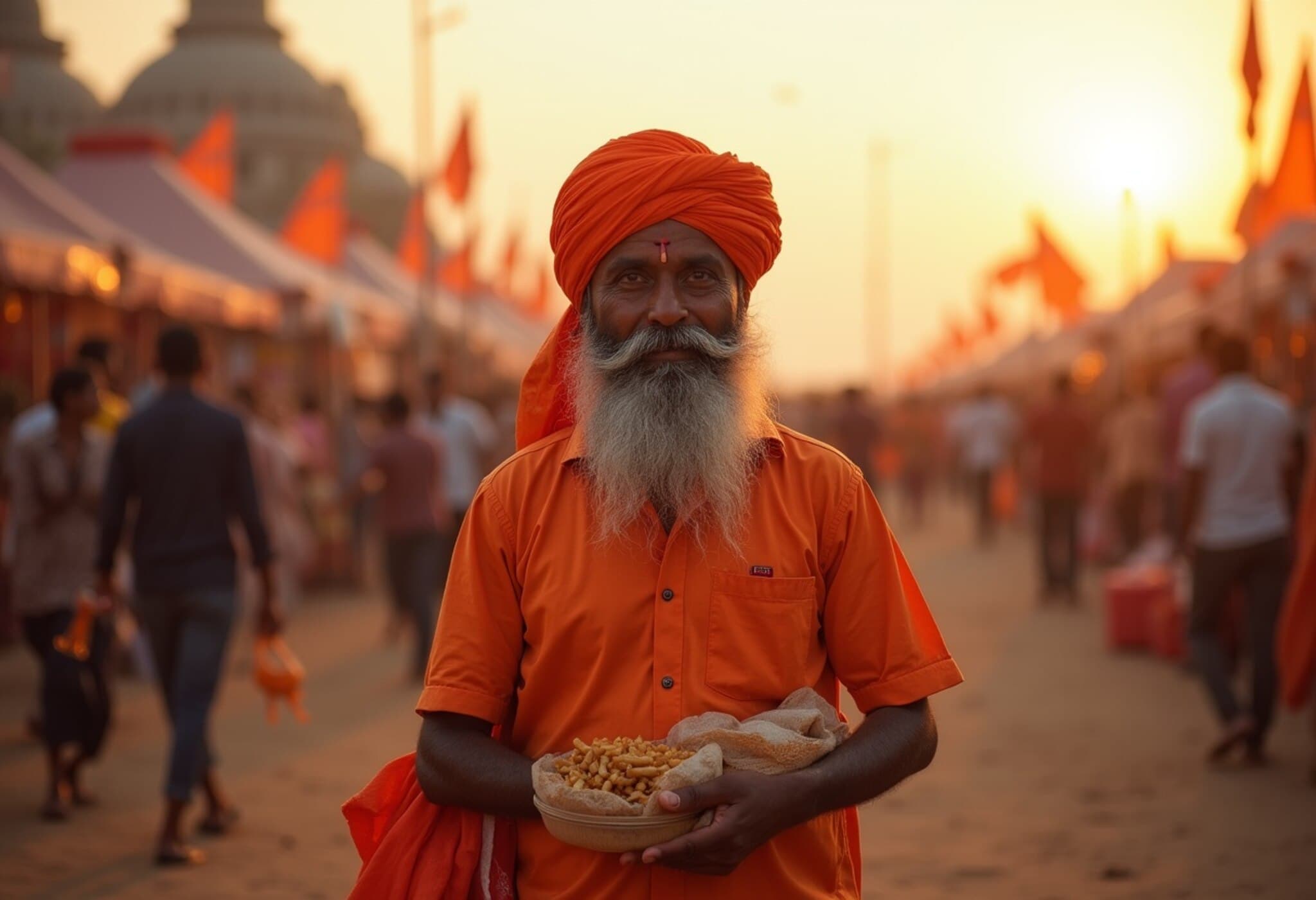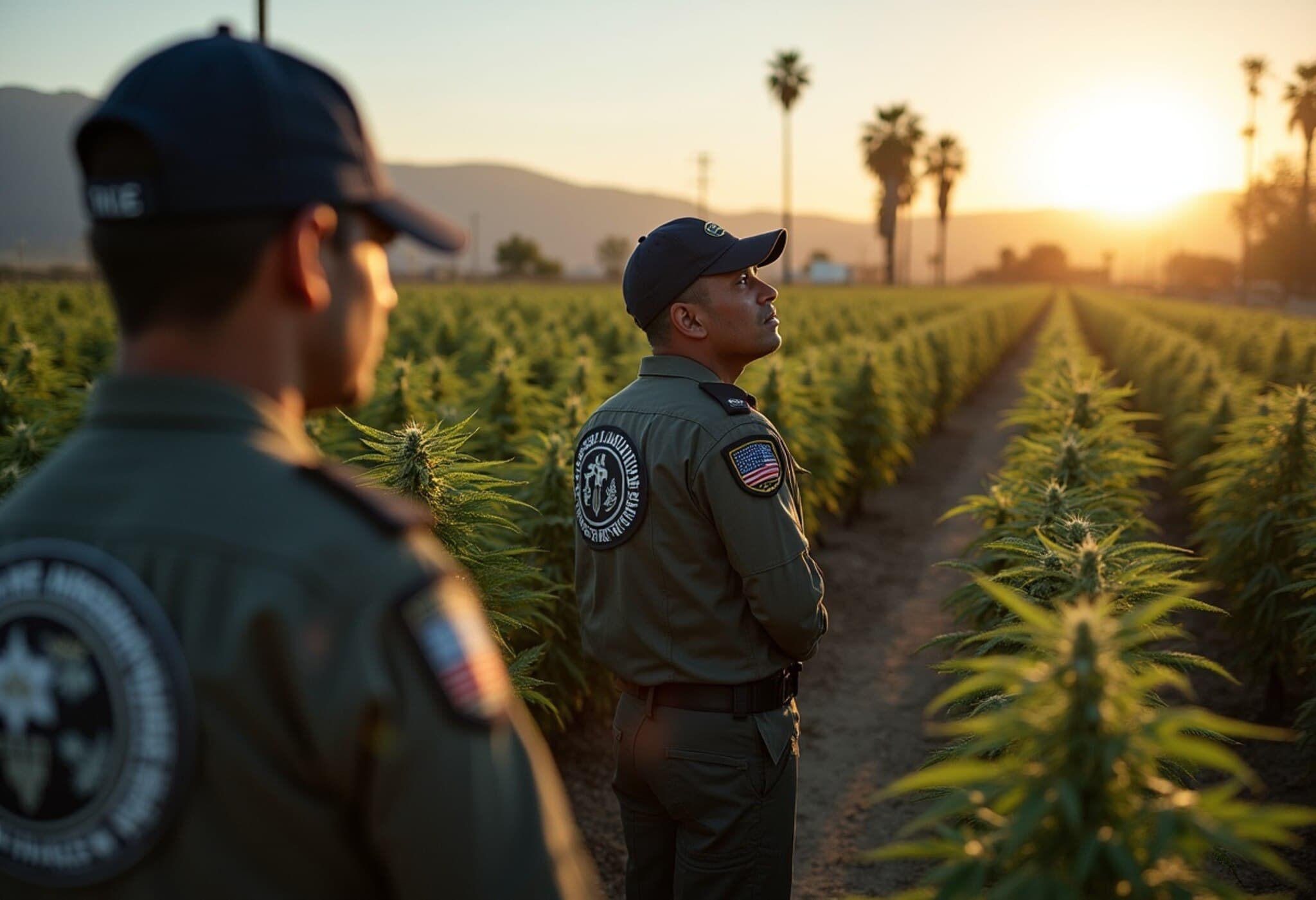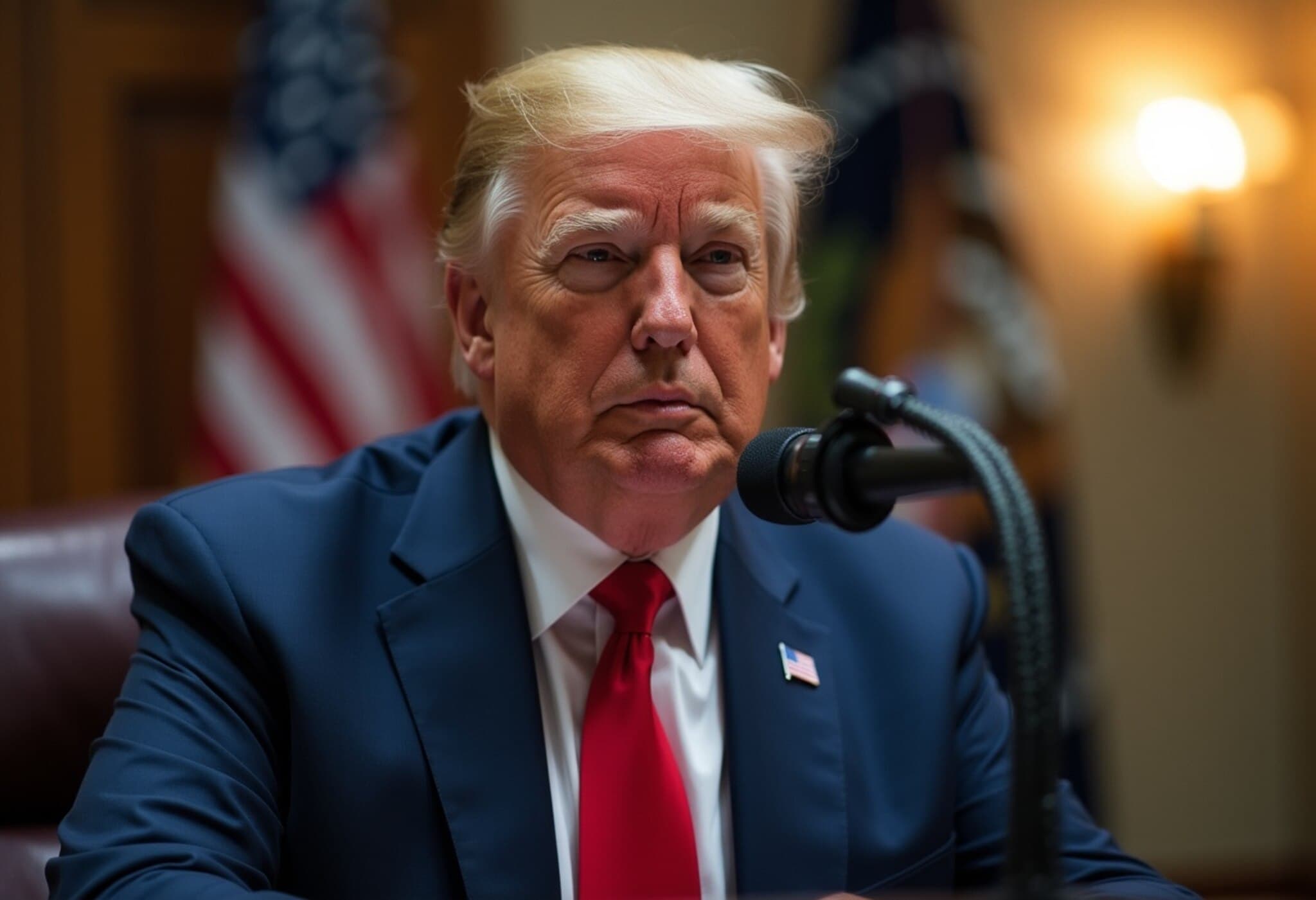Bishop Alberto Rojas Grants Mass Exemptions Amid Rising ICE Raid Concerns
In a move reflecting the tension between immigration enforcement and religious obligations, Bishop Alberto Rojas of the Diocese of San Bernardino has officially exempted parishioners from attending Sunday Mass and holy day obligations if they harbor a genuine fear of Immigration and Customs Enforcement (ICE) raids. This unprecedented dispensation, announced in July 2025, underscores the growing anxiety within immigrant communities across Southern California.
Understanding the Decree
The decree explicitly states that Catholics within the diocese who fear immigration enforcement actions are relieved from the canonical obligation to attend Mass “until such time as this decree is revoked or amended.” Bishop Rojas emphasized that such fear creates a grave inconvenience that impedes the spiritual well-being of the faithful, warranting an exceptional pastoral response.
This exemption draws from Canon 1247 of the Code of Canon Law, which allows bishops to dispense from Mass attendance obligations during serious situations such as natural disasters or pandemics. However, this is one of the rare instances where fear due to civil enforcement actions has been recognized as a legitimate cause for dispensation.
The Scope: A Diocese with 1.6 Million Catholics
The Diocese of San Bernardino spans San Bernardino and Riverside counties, accounting for roughly 1.6 million Catholics, making it one of the largest in the United States. Many within this diocese include immigrant families, for whom the threat of ICE raids is more than theoretical—it directly impacts their daily lives and spiritual practices.
Historical Context: Religion, Immigration, and Civil Enforcement
Traditionally, U.S. immigration policies have limited enforcement actions in sensitive locations such as churches, hospitals, and schools, acknowledging the sanctity and safety these spaces are meant to provide. Yet, policy shifts during the Trump administration reversed some of these protections, allowing ICE to conduct operations in previously off-limits locations.
This policy change has reportedly led to detentions in public spaces including courthouses and even stores, fostering distrust and fear within immigrant communities. Bishop Rojas’s decision reflects a pastoral response aimed not only at spiritual care but also at protecting vulnerable populations.
Public and Political Reactions
California Governor Gavin Newsom highlighted the bishop’s decree as evidence of the Trump-era administration's aggressive immigration tactics. He remarked, “Freedom of religion? Not in Donald Trump's America. People now have to choose between their faith and their freedom.” This poignant statement brings to light the broader socio-political debate about the balance between law enforcement and civil liberties.
The White House did not immediately issue a comment concerning the decree or Governor Newsom’s remarks.
Maintaining Spiritual Connection Amid Challenges
Bishop Rojas encouraged those unable to attend Mass to seek alternative means to nourish their faith, including participating in virtual Mass services, a practice that has gained prominence since the COVID-19 pandemic. This flexibility highlights the Catholic Church’s commitment to adapting pastoral care to contemporary challenges.
Expert Insights: What This Means for American Catholics and Immigrant Communities
From a legal and policy perspective, this decree raises critical questions about the role of religious institutions in responding to immigration enforcement actions. It exemplifies how faith leadership can provide sanctuary and moral support amidst a climate of fear, illustrating the intersection between civil rights and religious freedoms in the U.S.
Moreover, this development underlines the urgent need for policymakers to consider the collateral spiritual and community impacts of immigration enforcement beyond just the legal framework. It also reflects a growing trend of faith leaders actively engaging in advocacy for immigrant rights, signaling a notable shift in the socio-religious landscape.
Looking Ahead: Key Questions and Considerations
- How will federal and state immigration enforcement policies adapt in response to pushback from community and religious leaders?
- What are the long-term implications for parish life and community cohesion in dioceses heavily affected by immigration enforcement?
- Could this dispensation set a precedent for other dioceses facing similar tensions?
Editor’s Note
Bishop Rojas’s unprecedented dispensation shines a spotlight on the complex interplay between religious obligations and civil realities faced by immigrant communities today. As fears of immigration raids disrupt traditional practices like attending Mass, faith leaders are compelled to reinvent pastoral care while advocating for justice and compassion. This development invites deeper reflection on how American institutions—both religious and governmental—can better balance enforcement with empathy, particularly in regions with significant immigrant populations. For Catholics and non-Catholics alike, it underscores the vital importance of sanctuary, community trust, and spiritual resilience in uncertain times.

